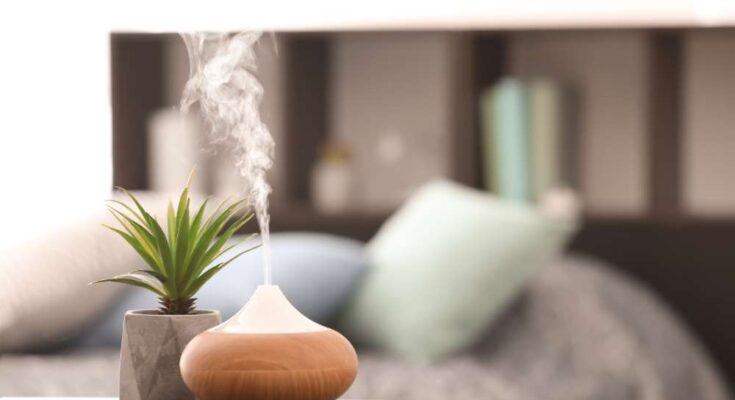Many have used aromatherapy as a holistic healing treatment for centuries to promote health and well-being. It involves the use of natural plant extracts, known as essential oils, to improve physical and emotional health. The practice traces back to ancient civilizations who recognized the powerful properties of aromatic plants. Today, aromatherapy has evolved and many wellness practices have integrated it into their treatments, offering a complementary approach to conventional medicine. Read on to discover more about the past and present of aromatherapy practices.
The Ancient Origins of Aromatherapy
Fragrant oils were integral to daily life in ancient Egypt. Egyptians used essential oils in religious ceremonies, beauty treatments, and for medicinal purposes. They perfected the art of extracting oils from plants, such as myrrh, frankincense, and cedarwood, which were highly prized commodities. The knowledge of essential oils spread to Greece and Rome from Egypt. The Greeks, particularly Hippocrates, often referred to as the “father of medicine,” advocated for the use of aromatic substances in treating ailments.
Romans, known for their luxurious baths, incorporated essential oils into their bathing rituals for relaxation and health benefits. During the Middle Ages, the use of crucial oils waned in Europe due to the rise of the Christian Church, which frowned upon such practices. However, the Renaissance sparked a renewed interest in natural healing methods. Figures such as Paracelsus, a Swiss physician and alchemist, emphasized the importance of botanical remedies, including essential oils.
Recent History: Holistic Care in the West
While the Eastern hemisphere discovered essential oils and practiced aromatherapy for centuries, the actual term “aromatherapy” wasn’t coined until the early 20th century—by French chemist René-Maurice Gattefossé. After a serendipitous encounter with lavender oil that healed his burn wound, Gattefossé dedicated his research to the therapeutic properties of essential oils. His work laid the foundation for modern aromatherapy, highlighting the potent benefits of plant extracts.
We can attribute the rising popularity of essential oils in recent decades to a growing interest in natural and holistic health practices. An increased awareness of the potential side effects associated with synthetic drugs has fueled this resurgence, leading many to seek alternative or complementary treatments. You can now find essential oils in a variety of products, including cosmetics, household cleaners, and personal care items, allowing their benefits to reach a wider audience.
Modern Aromatherapy Practices
Today, modern aromatherapy practices have evolved to integrate a more scientific approach alongside traditional methods. Practitioners now use essential oils in various settings, including spas, clinics, and homes, to promote physical and emotional well-being. These practices often involve the combination of essential oils with massage therapy, diffusers, or baths to enhance the benefits. Research continues to uncover the specific effects of individual oils, such as lavender for relaxation and peppermint for enhancing mental clarity. Conventional medical treatments increasingly offer aromatherapy as a complement as interest in natural wellness solutions grows, providing individuals with integrative care options that focus on overall health and balance.
The past and present of aromatherapy practices highlight how this natural healing method has stood the test of time. Aromatherapy continues to provide a holistic approach to promoting well-being and improving overall health, from ancient civilizations to the modern day. Understanding the benefits of aromatherapy and the truth behind the most common essential oil misconceptions can help individuals make informed decisions about incorporating these practices into their wellness routines.



